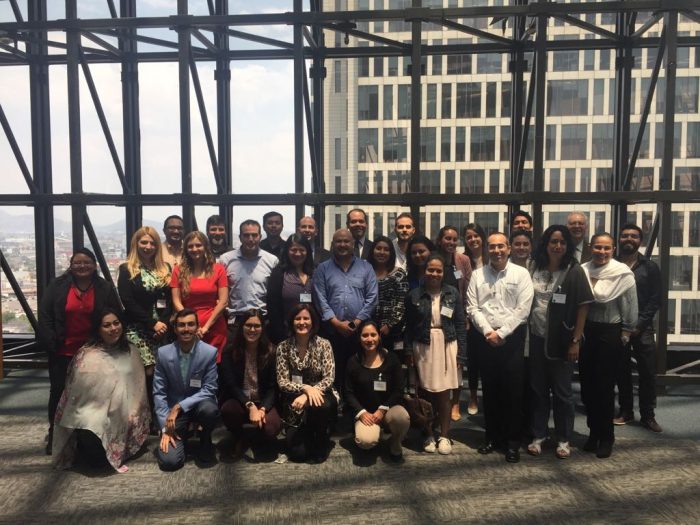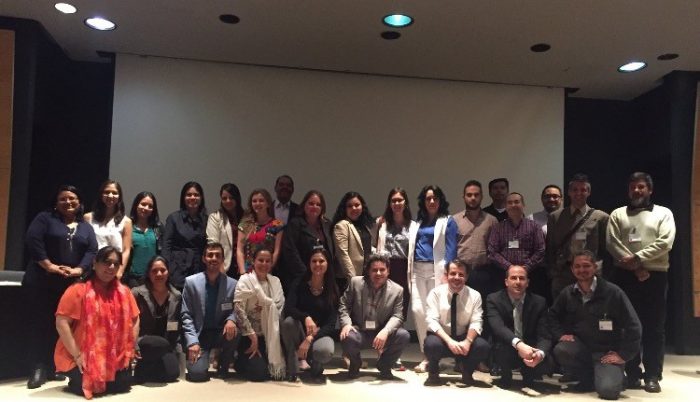Second Technical Training Workshop for the Private Sector
In 2018, Mexico announced to create the basis for a pilot phase of an Emissions Trading System (ETS), as a cost-effective instrument to encourage mitigation and achieve the country’s climate goals. How is the process of planning and implementing mitigation measures supported by the industries that were required to participate in the ETS?
According to the recent amendments to the General Law on Climate Change, the mandate is given to gradually establish an ETS. The pilot phase of the ETS will last 36 months, giving way to a later phase. In this sense, it becomes relevant for companies to start generating knowledge to promote internal mitigation measures, taking into account that some of these measures will take time to achieve the desired emissions reductions.

From theory to practice
In order to contribute to the planning process, a Specialized Workshop was organized for the private sector with the purpose of generating greater knowledge about the strategies that the industrial sector should develop to achieve the management of carbon portfolios, and that attendees could go through the necessary steps to establish a portfolio of emission reductions within their companies. The above was achieved by covering issues such as obtaining the baseline of their emissions and developing the marginal abatement curve where the most cost-effective technologies to be implemented could be identified. These topics were complemented with other relevant topics for the private sector, such as the use of compensation credits (offsets) to meet the mitigation goals. The issues of carbon leakage were also addressed, for which it has been concluded that at the moment there is no evidence that it has been presented in any implemented ETS.
Highlighting the importance of taking into account lessons learnt from international experiences, there have been remote links with companies such as Colbún (Chile) and PG&E (California), in order to share case studies of international corporate strategies on carbon reduction. The strategies were presented through the identification of steps to be followed, highlighting good practices such as: establishing multidisciplinary coordination teams, developing early reports, carrying out risk analysis and identifying opportunities, and generating collaboration with other interested parties in the process. Finally, for the closure of the Specialized Workshop participants presented a Carbon Strategy, which was designed throughout the workshop, where they could apply the concepts taught, question their correct understanding and reflect on the implications of developing a low emission strategy inside their companies.

The workshop was held on April 10 and 11 at the facilities of the Mexican Stock Exchange. This workshop was organized by the Ministry of Environment and Natural Resources (SEMARNAT) within the framework of the project “Preparation of an Emissions Trading System in Mexico” of the GIZ on behalf of the German Ministry of Environment (BMU). An average of 35 representatives attended from the industrial sector, including different sectors such as: oil and gas, cement, steel, paper, power generation, glass, among others. The Specialized Workshop is the second part of a series of workshops that began with three sessions called Common Core, which covered basic ETS concepts.
Given the relevance of maintaining the link with the private sector, it is prerogative of the authority to continue generating spaces that allow the construction of capacities, so that the continuation of promoting these opportunities for interaction with the different industrial sectors is already considered.
For more information on this topic, please contact us at: capacitaciones.ets[AT]giz.de
